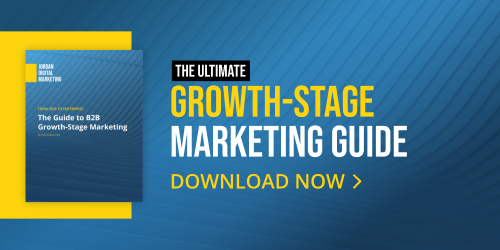Third-Party Endorsements in Google Ads: What That Future Might Hold
Meta advertising is crushing it these days (check out their Q3 earnings call). A couple of weeks before they beat expectations on the strength of ad revenue, they announced a release that could bring advertisers a bit of heft to two relatively underused channels: WhatsApp and Messenger.
Meta’s calling the release CP4M (conversational platform for marketing); essentially, it enables brands to integrate their existing chatbots with users on WhatsApp and Messenger to help marketers accelerate the purchase journey in real time and gather data in the Meta ecosystem in the process.
In this post, we’ll examine a few benefits and possible pitfalls of putting CP4M into play.
The Benefits of CP4M
The integration of the chatbot with WhatsApp and Messenger means users don’t have to hit the brand’s website to engage; they can start the conversation on the ad platforms without friction. McKinsey cites two-thirds of millennials as expecting real-time customer service, and CP4M helps brands meet customers where they are in real time.
CP4M is touted as an easy way for a customer to ask product-related questions during the purchase process and check out easily from the chatbot itself. Advertisers should absolutely set up a testing environment to assess the quality of its interactions, which will likely depend on the “advertiser data” shown here:
Assuming the LLM, your data, and CP4M are all ready for prime time, this could provide advertisers with more than a faster path to conversion; customer questions, whether during or after the purchase process, could offer insights into product merchandising upgrades and opportunities to update the purchase process on other properties.
CP4M Caveats
Any hesitations here – and part of the reason it’s essential to test this product before rolling it out – stem largely from the quality of the data the LLM is using as a base for its interactions. Whether it’s CRM data or product page data or a combination of both, LLMs will be working with data of varying quality across brands. This goes for B2B and B2C, by the way – B2B product benefits are often harder to convey with just an ad, so the LLM will have to be prepared with lots of information to engage the user effectively.
Next steps
Meta’s touting the ease of integration for CP4M, so theoretically it won’t take a ton of dev resources to set it up and start testing.
If you’d like a little guidance on how to set up CP4M – including a testing model that lets you assess the quality of its output before rolling it out broadly – drop us a line!
Nov 7, 2023 8:43:58 AM



-Feb-11-2026-08-48-31-8284-AM.png?width=500&height=500&name=Regular%20Blog%20Hero%20(1)-Feb-11-2026-08-48-31-8284-AM.png)

